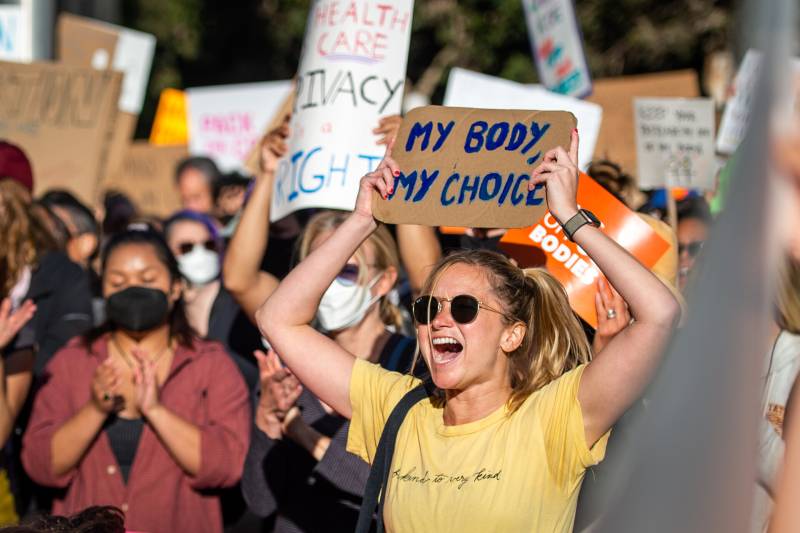"We're really, really proud of the idea that, just months after Roe v. Wade was overturned, we actually put an even stronger protection in California's constitution — that it's just very clear that everyone in California has a fundamental right to reproductive freedom, including abortion and contraception," said Jodi Hicks, president and CEO of Planned Parenthood Affiliates of California.
"Across the country, as folks are looking at what they can do when they no longer have a national protection, we're able to win in a way that sends a message that we're a reproductive freedom state, but also that this is a winning strategy and hope that other states follow suit."
The measure's passage adds Senate Constitutional Amendment 10 to the state Constitution, which bars the state "from denying or interfering with an individual’s reproductive freedom in their most intimate decisions, which includes their fundamental right to choose to have an abortion and their fundamental right to choose or refuse contraceptives."
Critics of the amendment have argued its language is too vague and does not make explicitly clear that access to abortion is guaranteed only up to the point of fetal viability — generally considered to be 24 weeks.
Opponents, including many church groups and Republican leaders, said in a statement that they were “incredibly disappointed" by the vote and would fight any attempts to expand abortion beyond limits currently set by state law.
Supporters touted the measure as a needed clarion call amid a shifting national landscape of reproductive rights: Abortion is now illegal or severely limited in 13 states, with more bans likely to come.
If the political tides in California were to change, and there were suddenly an influx of lawmakers who were not as favorable toward abortion rights, the new amendment would make it very difficult to restrict reproductive freedom.
"I think this was the first time that people were able to use their voice after Dobbs and after Roe v. Wade was overturned," Hicks said. "We're doing everything we can and reacting in such a way that we're ensuring that in our state, no matter what the future Legislature looks like, no matter what a future governor looks like, no matter what a future policymaker looks like, whether it's local or statewide, we have constitutional protections in our state and we've ensured that people have those protections."

